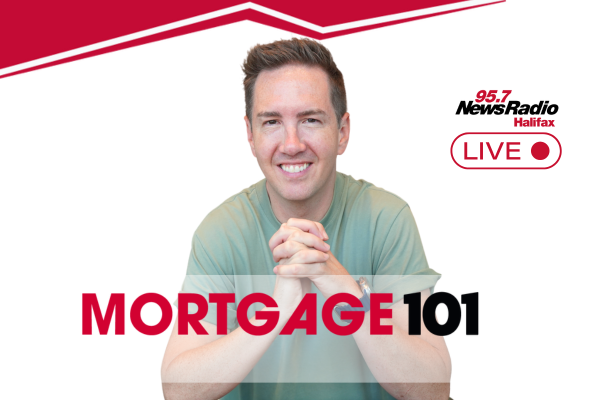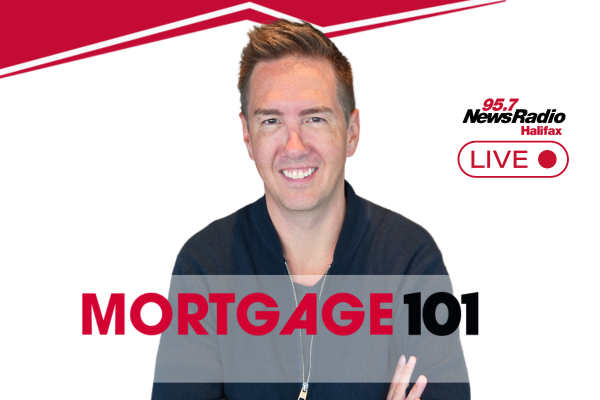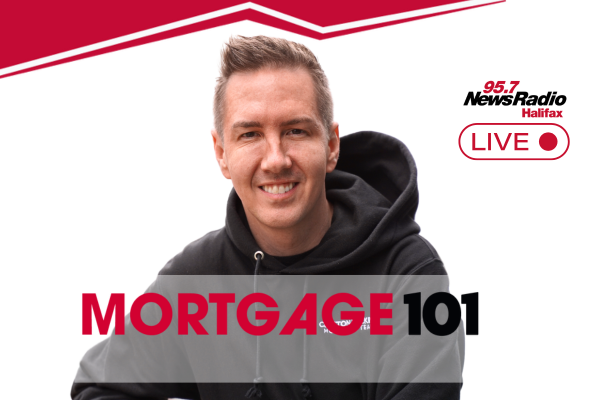Dan Ahlstrand and Clinton Wilkins are joined by Mario Cloutier of Manulife to discuss the importance of risk insurance for home additions, creditor insurance, and the importance of financial literacy.

5 ways to get started on managing your debt
At some point in our lives, most of us will experience some form of debt. Credit cards, education costs, lines of credit, and mortgages are just some of the common ways Canadians might find themselves in debt. However, managing your debt properly is essential to ensure you don’t drown in financial issues. Whatever forms of debt you have, it’s important to have it under control. Here are five tips to help you get a handle on your debts so you can regain your financial independence!
#1 Track your spending honestly
It might hurt to take a clear look at how much you spend and what you spend it on. However, you’re not doing yourself any favours by hiding from your spending habits. At least once a week, take a look at your bank account and examine where your money went. In the moment, our day-to-day small expenses don’t feel like much, but depending on your habits, they might add up quickly. If you’re going out for dinners several times a week, doing online shopping, or buying lots of new items for your home, that will likely add up to a big chunk of change. You can’t really start managing your debt until you have a handle on your spending behaviours.
#2 Create a realistic budget
Once you know how much you’re spending, and what you’re spending it on, you can start creating a budget. Your budget should take into account your necessary living expenses, your non-essential expenses, and of course, your debts. You need to use your income realistically to decide how you’re going to spend it in ways that will help you reduce your debt. This might mean cutting out some of the expenses you tracked that weren’t essential while you’re working on managing your debt.
Using your monthly income, determine how much of it you need for things like rent or mortgage payments, groceries, gas, utilities, etc. Then, think of how much you need to make the minimum payments on your debts, so you can ensure you at least have enough to stay afloat. Finally, if you can, put some aside for savings. If you’re dealing with debt, you’ll likely find there’s not a ton of money left for non-essential spending. This doesn’t have to be permanent, because once you pay off your debts, you will have more financial freedom. However, until then it might mean living a bit more modestly. It’s important to be realistic about your budget so you’re not falling short of your goals every month.
#3 Don’t neglect any payments
When managing your debt, you need to figure out the best way to prioritize your payments. Some people think it’s best to focus on one payment at a time and clear those debts out one by one. However, we’re here to tell you it’s important not to ignore any of your payments at any time! By focusing on just one piece of debt, you are letting the interest pile up on your other debts for each payment you don’t make. By the time you reach those debts, you may find the interest you owe is far beyond what you’re capable of managing. Instead, do your absolute best to make the minimum payment on all your debts. While we recommend paying more than the minimum if possible, it’s better to keep up with all your debts than fall behind on any.
#4 Don’t pile on more debt
This might seem obvious, but since it’s important we’re here to remind you anyway! Avoid all new debts while you’re trying to pay off your current debts. This means no new credit cards, lines of credit, car loans, student loans, etc. Don’t even try to increase your credit limit, because this will open up the temptation to spend more. You probably have things you want to do and spend money on, and that’s normal! Home renovations, vacations, continuing education — these are all standard things to spend money on, but it’s likely not the best time to do so if you’re trying to manage your existing debts. Press pause on these new expenses until you have a better handle on your debts. You don’t want to increase your stress levels or spread yourself too thin with payments.
#5 Reach out to a broker
Finally, managing your debt might mean seeking out help. A mortgage broker can be a great person to guide you through your debts. If you’re a home owner and you’re finding your debts too overwhelming to handle without some extra guidance, that’s where we come in. Owning a home means sitting on an asset that can potentially help you with those debts. If you have enough home equity, you might be in a good place to refinance your mortgage. Perhaps you can secure a lower interest rate, or extend your amortization period. Both of these options mean you will owe less money in mortgage payments each month, which frees up some extra money for your debt payments.
We can also look into debt consolidation. This means combining all your debts into one monthly payment, with one interest rate that is often lower than some of the rates you might be dealing with. This can help free up some extra money and ensure you’re making payments on all your debts. Be sure to ask a broker about your options!
Managing your debt can feel overwhelming, but we’re here to help. Whether it’s a case of stricter budgeting or debt consolidation, brokers can guide you to the best option so you can regain control of your finances. Debt is confusing, but you don’t have to manage it on your own.
If you have any questions about your mortgage, get in touch with us at Clinton Wilkins Mortgage Team! You can call us at (902) 482-2770 or contact us here.


